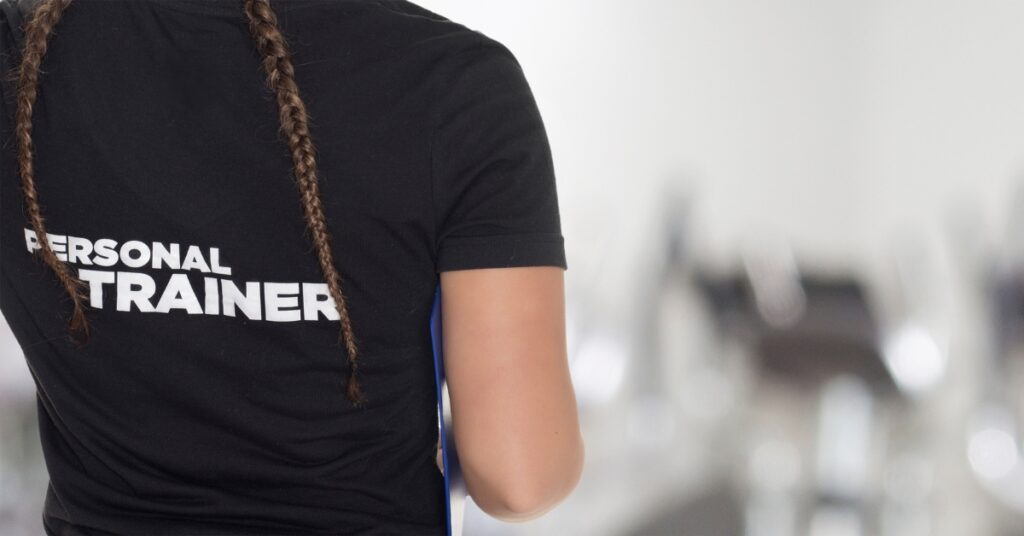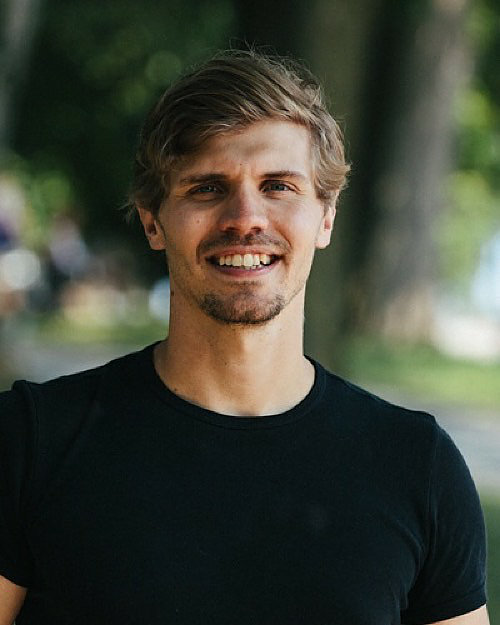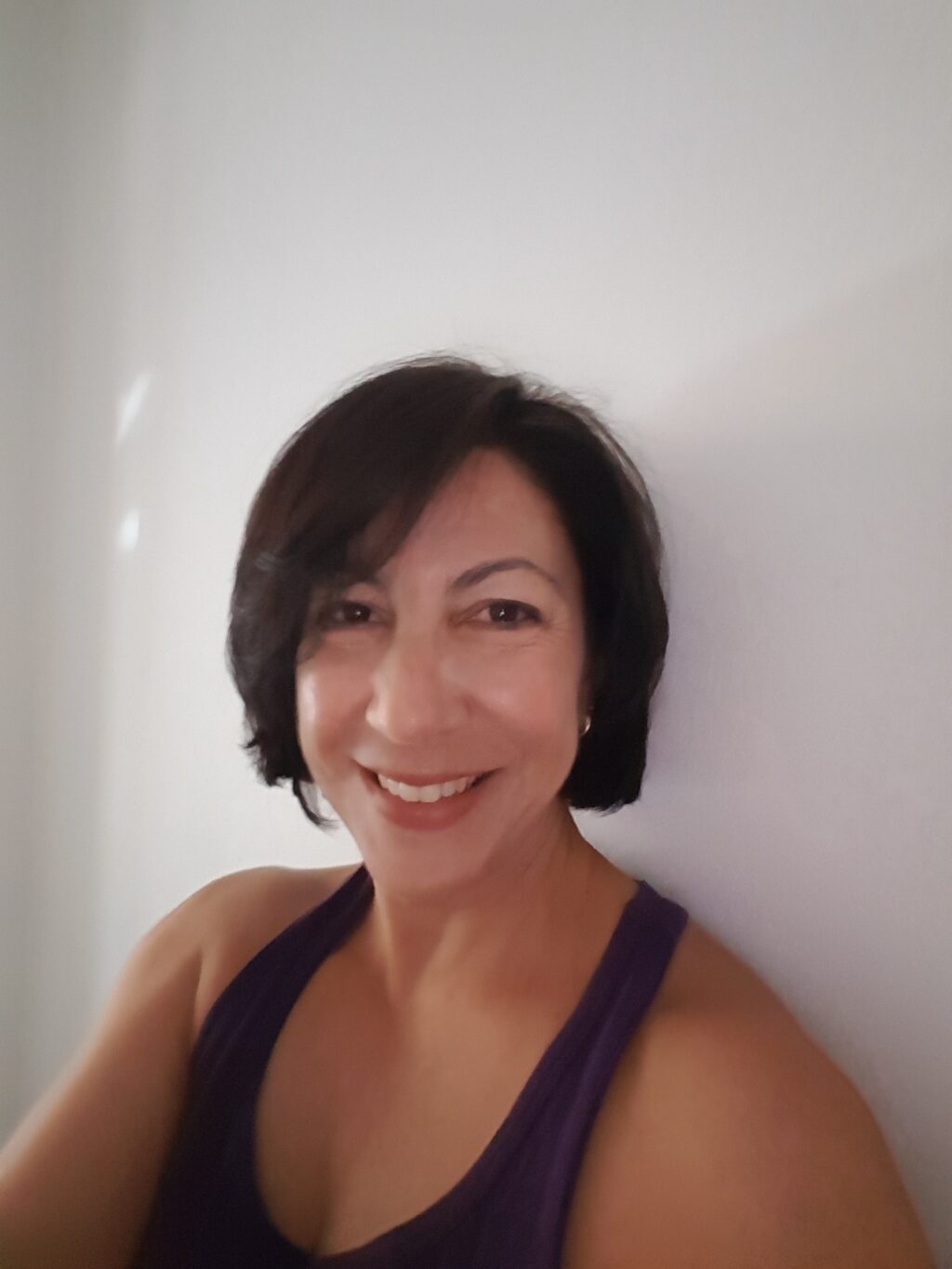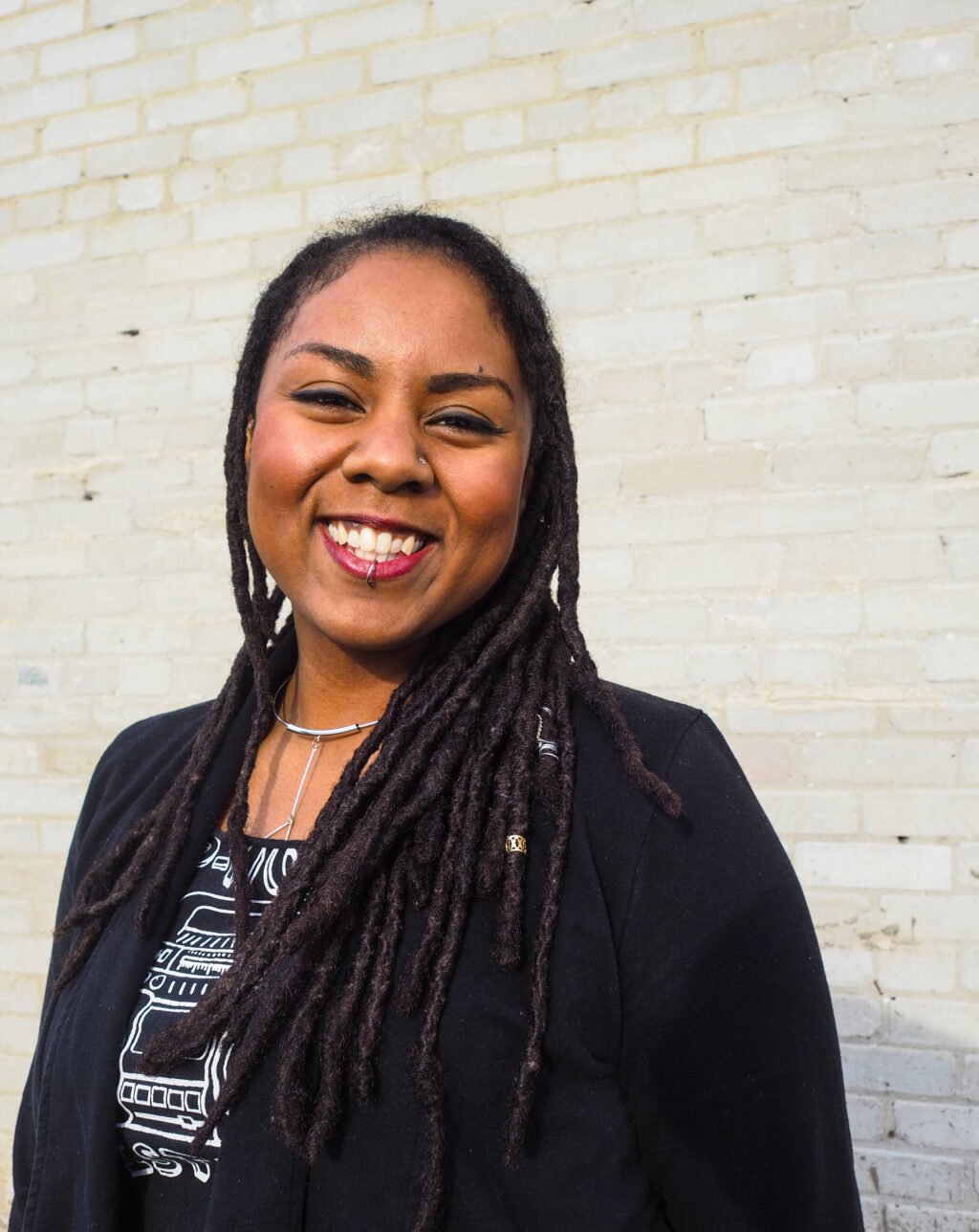A Q&A With Three Canadian Fitness Professionals

The virtual world has opened many avenues for trainers as they search for ways to reinvent their approach to business. With many clients navigating through these uncertain times, their passion is proof that they remain a lifeline to the wellness journey.
We decided to reach out to a few trainers across the country to find out what they’re looking for in their clients, what they wish their clients would ask, and what drives them?

Trevor Pickett of Sable River, Nova Scotia, has been a personal trainer and fitness instructor for over 10 years and is the owner of Offbeat Fitness Education. Along with offering personal training, Pickett who was awarded the canfitpro PRO TRAINER Participants Choice Award in 2019, applies his background as a canfitpro PRO TRAINER, helping new and current trainers build their skill sets.

Selma Onyschuk, Toronto, Ontario, of CPR With Selma, has been a group fitness and aquafit instructor and certified with canfitpro for over 20 years. She currently conducts a variety of online and in-person group classes, including boot camp, pump/HIIT, strength, and indoor cycling.

Ruby Smith Díaz, Vancouver, British Columbia, owns Autonomy Fitness and is a body-positive and queer and trans-affirming trainer that, for over four years, has been dedicated to empowering clients to feel their best in their bodies. A 2020 canfitpro Fitness Professional of the Year winner (Personal Training), Smith Díaz offers clients support in gaining strength, power, endurance, and confidence while leaving diet talk, fatphobia, transphobia, and Eurocentric body standards at the door.
What are you looking for in a client?
Pickett: “I’ve always worked best with people with a strong work ethic. Somebody that’s not just going to throw money at their problem but commit to show up and integrate good habits into their training session. Yes, there’s homework.”
Onyschuk: “I’m the tough love person. I’m not a fan of people who stroll into a class and do not give 100 percent. I put a lot into planning my classes to make them interesting and challenging. I want my clients to reciprocate that effort and at least try to do their best and not come to me with excuses – except if they’re injured. The goal is to be a better person when they leave than when they started.”
Smith Díaz: “People come to me because I am a body positive, and a queer and trans-affirming trainer. I’m looking for a client that’s open minded and not heavily invested in diet culture. I struggled with an eating disorder and had an unhealthy relationship with exercise when I was younger, so it’s also been part of my own transformation and self-preservation process to draw a boundary around what I’m willing and not willing to offer clients.”
What do clients forget to ask?
Pickett: “Working with a trainer is about building a relationship. We need feedback just as much as our clients. We want to know if the client thinks things are going well or if something should change. Trainers are very open-minded, but they can’t read minds.”
Onyschuk: “As a trainer, I will always point out adjustments regarding form, but it’s also the clients’ responsibility to check-in to make sure they’re getting the maximum benefits of any exercise. Form and execution come before reps or weights. You must be able to connect with your body.”
Smith Díaz: “Trainer’s work with a variety of different clients, so it’s important to ask if they have experience in working with larger bodies. I would also suggest asking what is their familiarity or understanding with working with queer or trans communities?
What motivates you as a trainer?
Picket: “Bottom line, I love helping people.”
“It’s our job to inspire and bring them into our world and make it a positive experience. I especially love those hard cases where they didn’t think they would be able to achieve as much as we planned in the beginning. Fitness is part of my being, so if I get to share that passion and help somebody in the process, it’s the reason I love being a trainer.”
Onyschuk: “They created that change in themselves.”
“Affecting change. Maybe they haven’t done anything for a while since COVID. They might start with three-pound weights, and in a month, they’ve moved up to five pounds, and they’re thanking me. The truth is, I’m just the facilitator who guides them to do what they’re capable of.”
Smith Díaz: “Transforming my clients’ relationship with their bodies.’”
“I love being able to transform my client’s relationship with their bodies to a more accepting and loving one, that reestablishes their connection to movement in a positive and sustainable way.”
As the landscape for fitness evolves into a hybrid approach, it has made training more accessible to more communities, providing the flexibility to enjoy a wellness program on your terms in a controlled home environment, without having to navigate the physical barriers of commuting. For others living in smaller towns or rural areas, it has finally opened the door to access a myriad of trainers serving marginalized communities, making the possibility of finding the right personal trainer much more accessible.
Contacts:
Trevor Pickett
Ruby Smith Díaz
Selma Onyschuk
